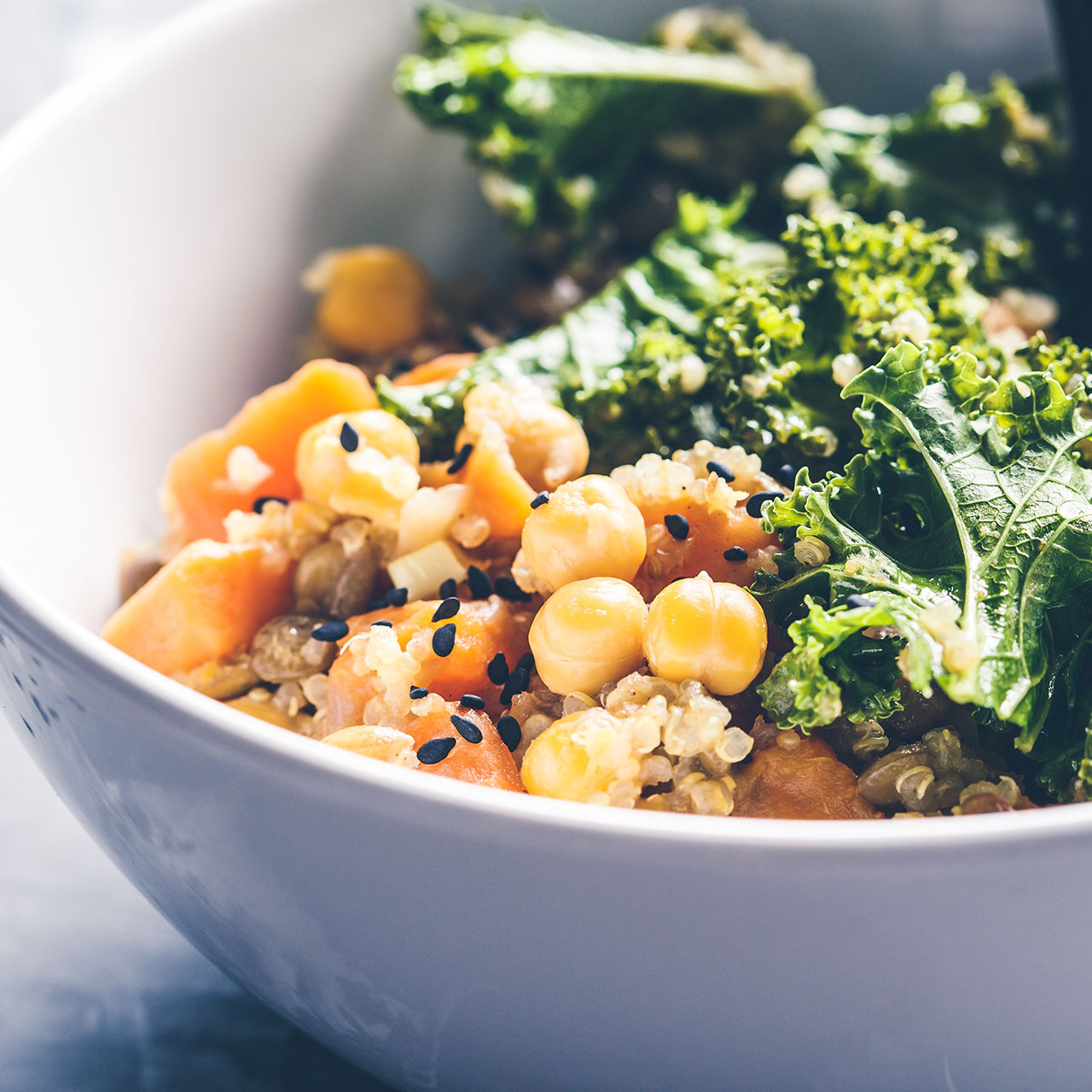This is an archived article and the information in the story may be outdated. Please check the time stamp on the story to see when it was updated last.
Vegetables are one of the healthiest food varieties you can include in your diet, and while they all offer a number of benefits to your body, there are some veggies which are naturally more nutritious than others. Inflammation is a frustrating digestive issue which can stand in the way of seeing the results of your healthy eating as your body holds onto gas and water weight, creating the puffy and distended appearance we all dread. If you’ve been eating healthy and still have yet to see the results of your positive habits, these are the four vegetables that health experts suggest adding into your diet everyday for relief from bloating so you can finally look and feel your best.

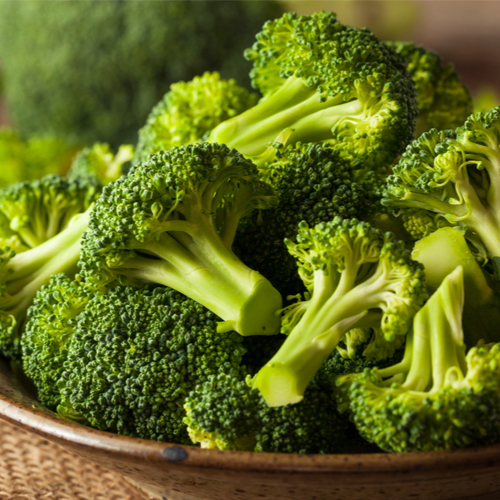
Broccoli
Cruciferous vegetables offer a variety of nutritional benefits, particularly as they are rich in antioxidants. Studies have shown that broccoli florets offer “potent antioxidant and anti-inflammatory effects,” and can even minimize the risk of heart disease and certain cancers. Other cruciferous veggies which may be useful in your diet are brussel sprouts and kale, but broccoli is incredibly versatile and can be cooked in a variety of fashions to easily fit into your diet and cut through bloat. Try roasting a head of broccoli in the oven with a drizzle of olive oil, which has also been known to have anti-inflammatory properties.
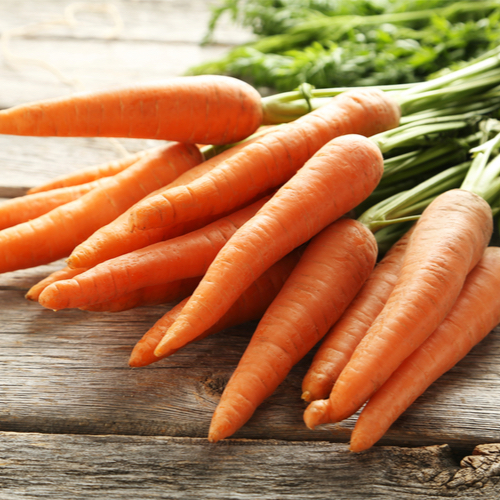
Carrots
Another antioxidant rich vegetable with anti-inflammatory benefits, regularly eating carrots can help improve your overall health, fight disease, and minimize bloating. Carrots are also packed with fiber which can help to keep you full for longer, making a calorie deficit easier to maintain so you can lose weight with ease. Everyday Health reports, “Orange-hued vegetables are rich in vitamin A and beta-carotene, both of which are believed to fight inflammation. Cooking seems to increase the availability of these compounds. For the biggest benefit, eat these vegetables on a regular basis in recommended serving sizes rather than overdoing it by eating them in large quantities.”
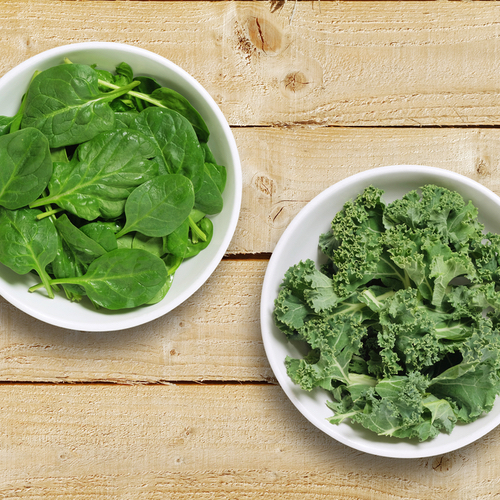
Leafy Greens
You’ve always been told to eat your greens, and for good reason. Leafy vegetables such as kale, spinach, and collard greens have been shown to have profound anti-inflammatory effects on the body, and are also packed with vitamins and minerals that can help to improve your overall health. The Arthritis Foundation reports, “Green, leafy vegetables such as broccoli, spinach, Brussels sprouts, kale, Swiss chard and bok choy are packed with antioxidants like vitamins A, C and K, which protect cells from free-radical damage. These foods are also high in bone-preserving calcium.” Make up a salad for a side with any meal or bake some kale chips for an easy and delicious snack which will beat inflammation quickly.
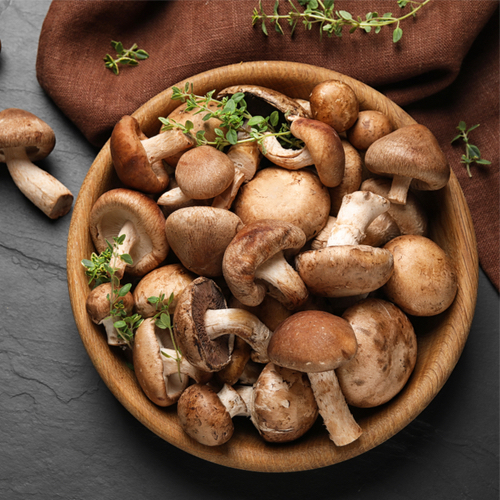
Mushrooms
High in vitamins and minerals and low in calories, both cooked and raw mushrooms are a delicious and nutritious addition to any diet. Healthline reports, “Mushrooms are very low in calories and rich in selenium, copper, and all of the B vitamins. They also contain phenols and other antioxidants that provide anti-inflammatory protection. A special type of mushroom called lion’s mane may potentially reduce low-grade, obesity-related inflammation.” Raw mushrooms do offer more anti-inflammatory benefits than cooked, so try some with hummus or another healthy dip for maximum results.


























